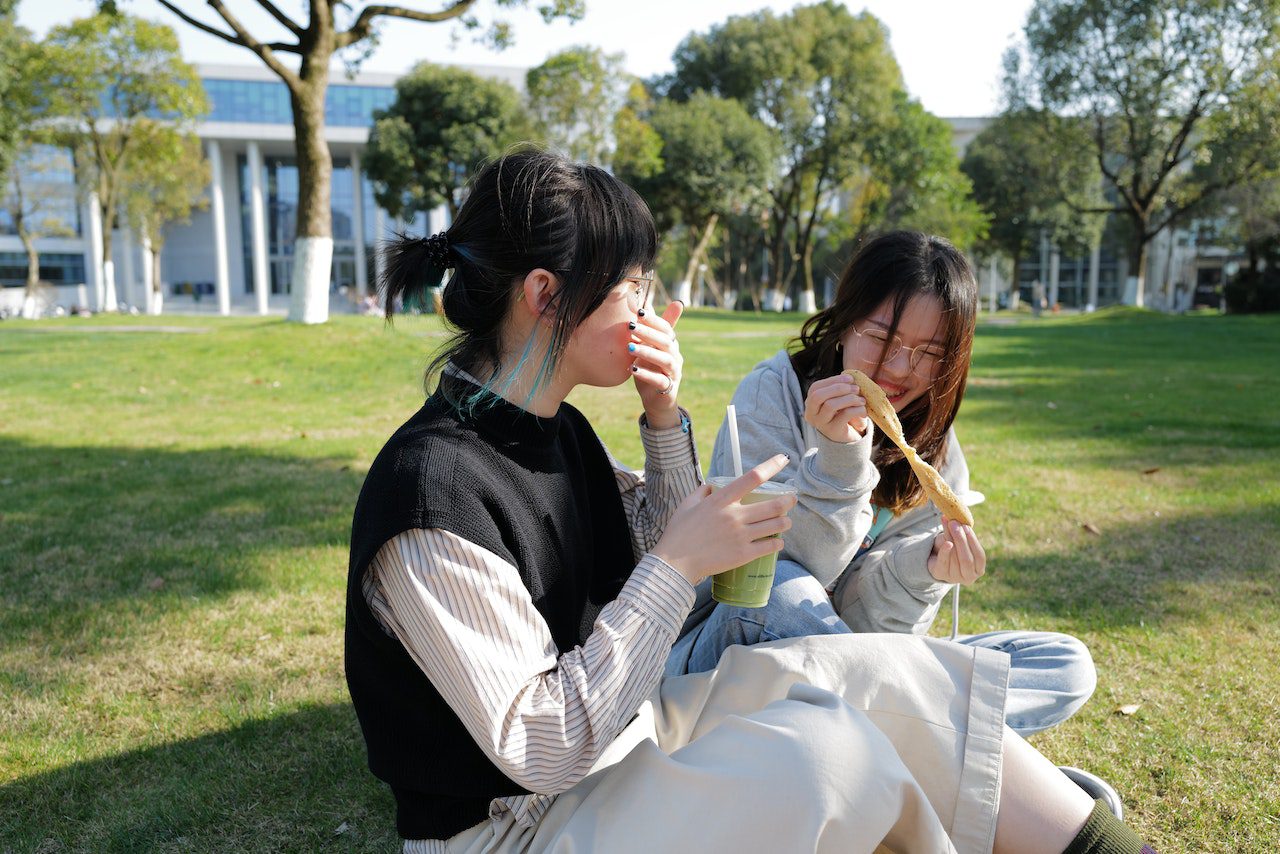C'est Un 10 Mais: A Deep Dive Into This French Expression And Its Wonders
So here we are, diving headfirst into the world of French expressions, and trust me, it's gonna be a wild ride. If you've ever heard someone say "c'est un 10 mais" and wondered what the heck they were talking about, you're in the right place. This phrase isn't just some random string of words; it's a cultural gem with layers of meaning that we're about to unravel. So buckle up, grab your coffee, and let's get to the bottom of this linguistic marvel. And oh yeah, we're gonna make sure you sound like a total pro by the end of this article.
Now, before we dive too deep, let's clear the air. "C'est un 10 mais" roughly translates to "it's a 10, but" in English. But hold up, it's not as straightforward as it seems. This expression is packed with nuance, and understanding it means you're stepping into the world of French conversational finesse. Think about it like this: it's like giving someone a gold star, but with a little caveat thrown in for good measure. And who doesn't love a good caveat, right?
What makes this phrase so intriguing is its versatility. Whether you're critiquing art, discussing relationships, or even talking about food, "c'est un 10 mais" has got your back. It's that perfect blend of praise and critique, and honestly, it's something we could all use a little more of in our daily conversations. So let's break it down, shall we? Stick around because this is gonna be a fun one.
What Exactly Does "C'est Un 10 Mais" Mean?
Alright, let's get into the nitty-gritty. When someone says "c'est un 10 mais," they're essentially saying that something is fantastic—like, top-notch, 10 out of 10—but there's a small catch. It's like giving a compliment with a side of constructive feedback. For instance, imagine you're at a fancy restaurant, and the food is absolutely divine, but the portion sizes are a tad too small. You could say, "C'est un 10 mais les portions sont un peu petites." See how that works? It's all about balance.
Now, here's the kicker: the "mais" part is crucial. It's not just an afterthought; it's the whole point of the expression. It's like saying, "Hey, this is amazing, but here's something to consider." It's a polite way of offering feedback without coming off as overly critical. And let's be real, who doesn't appreciate that kind of tactfulness?
Why Is This Expression So Popular?
Popularity-wise, "c'est un 10 mais" has been making waves in both casual and formal conversations. Why? Because it strikes the perfect chord between enthusiasm and practicality. Think about it: in today's world, where everyone's looking for instant validation, this phrase offers a refreshing take. It's a way to acknowledge someone's efforts while still pointing out areas for improvement. And honestly, that's something we could all benefit from.
Plus, it's got that je ne sais quoi—a little bit of mystery, a dash of charm, and a whole lot of cultural significance. It's not just a phrase; it's a mindset. It encourages people to think critically while still appreciating the positives. And in a world where criticism can sometimes feel harsh, this expression offers a softer, more nuanced approach.
Breaking Down the Cultural Significance
Speaking of cultural significance, "c'est un 10 mais" is deeply rooted in French culture. It reflects the French love for balance and refinement. The French are all about appreciating the finer things in life, but they're also not afraid to point out flaws when necessary. This expression perfectly encapsulates that mindset. It's like a little linguistic dance that acknowledges both the positives and negatives.
And let's not forget the historical context. Language evolves over time, and this phrase is no exception. It's a modern take on the classic French tradition of critique and refinement. So when you use it, you're not just saying words; you're participating in a rich cultural tradition. Pretty cool, huh?
How to Use "C'est Un 10 Mais" in Everyday Conversations
Now that we've got the basics down, let's talk about how to use this phrase in real-life situations. First things first: context matters. You don't want to drop "c'est un 10 mais" in the middle of a heated argument—it's not gonna fly. Instead, save it for moments where you want to offer constructive feedback in a polite way. Here are a few examples:
- Art Critique: "C'est un 10 mais les couleurs pourraient être plus vives." (It's a 10, but the colors could be brighter.)
- Food Review: "C'est un 10 mais la sauce manque un peu de sel." (It's a 10, but the sauce could use a bit more salt.)
- Work Feedback: "C'est un 10 mais il y a quelques erreurs mineures à corriger." (It's a 10, but there are a few minor errors to fix.)
See how versatile it is? You can use it pretty much anywhere, as long as you keep the tone light and respectful. And trust me, people will appreciate your tactfulness.
Common Misconceptions About "C'est Un 10 Mais"
Alright, let's clear up some common misconceptions. Some people think that "c'est un 10 mais" is just a fancy way of being negative, but that couldn't be further from the truth. The whole point of this expression is to balance praise with critique. It's not about tearing someone down; it's about helping them improve while still acknowledging their efforts.
Another misconception is that it's only used in formal settings. Wrong again! This phrase is just as at home in casual conversations as it is in professional settings. Whether you're chatting with friends or giving feedback at work, "c'est un 10 mais" can fit seamlessly into your vocabulary.
Why Misunderstandings Happen
Misunderstandings often arise because people focus too much on the "mais" part and forget about the "10." It's like hearing the critique without hearing the praise. But here's the thing: the "10" is just as important as the "mais." Without it, the whole expression loses its balance. So next time you hear someone use this phrase, make sure you're paying attention to both parts of the equation.
Exploring Similar Expressions in Other Languages
Now, let's take a quick detour and explore similar expressions in other languages. For instance, in English, you might say, "It's great, but..." or "It's perfect, except for..." These phrases serve a similar purpose: offering praise with a touch of critique. But what sets "c'est un 10 mais" apart is its cultural nuance. It's not just about giving feedback; it's about doing so in a way that reflects French values of balance and refinement.
In Spanish, you might hear something like "Es un diez, pero..." which translates to "It's a ten, but..." Again, the structure is similar, but the cultural context might differ. Each language has its own way of expressing this balance, and that's what makes language so fascinating.
How These Expressions Reflect Cultural Values
Language is a reflection of culture, and these expressions are no exception. In French culture, there's a strong emphasis on refinement and precision. That's why "c'est un 10 mais" works so well—it encapsulates those values perfectly. In contrast, English-speaking cultures might place more emphasis on directness, which is why similar expressions in English tend to be a bit more straightforward.
So the next time you're traveling or chatting with someone from a different culture, pay attention to how they offer feedback. You might be surprised by the differences—and similarities—in how people approach critique and praise.
Practical Tips for Mastering "C'est Un 10 Mais"
Ready to add "c'est un 10 mais" to your vocabulary? Here are a few practical tips to help you master it:
- Start Small: Begin by using it in low-stakes situations, like critiquing a meal or a movie. Once you get comfortable, you can move on to more serious conversations.
- Practice Tone: The tone you use is just as important as the words themselves. Aim for a friendly, conversational tone that conveys both enthusiasm and sincerity.
- Be Specific: Vague feedback isn't helpful. If you're using "c'est un 10 mais," make sure you're clear about what could be improved. For example, instead of saying, "C'est un 10 mais il y a des erreurs," specify what those errors are.
Remember, practice makes perfect. The more you use this phrase, the more natural it'll feel. And before you know it, you'll be dropping "c'est un 10 mais" like a pro.
The Psychology Behind "C'est Un 10 Mais"
Let's dive into the psychology behind this expression for a moment. Why does it work so well? Well, it taps into something called the "sandwich method" of feedback. You start with a positive (the "10"), then offer constructive criticism (the "mais"), and ideally, you end with another positive. This approach is incredibly effective because it keeps people engaged and motivated to improve.
Plus, it aligns with the way our brains process information. People are more likely to listen to criticism if it's framed in a positive way. And let's face it, who doesn't love hearing that they're a "10" first? It's like getting a little boost of confidence before diving into the tough stuff.
How This Impacts Communication
On a broader scale, using expressions like "c'est un 10 mais" can improve communication in all areas of life. Whether you're working in a team, parenting, or even just chatting with friends, this approach can lead to more productive and respectful conversations. It encourages people to listen to feedback without getting defensive, which is a win-win for everyone involved.
Conclusion: Embrace the Power of "C'est Un 10 Mais"
So there you have it, folks. "C'est un 10 mais" is more than just a phrase—it's a mindset. It's about balancing praise with critique, offering feedback with tact, and engaging in conversations that are both meaningful and respectful. By incorporating this expression into your vocabulary, you're not just learning a new phrase; you're embracing a cultural tradition that values refinement and balance.
Now it's your turn. Go out there and start using "c'est un 10 mais" in your everyday conversations. Share this article with your friends, leave a comment below, and let us know how it goes. And remember, the more you practice, the better you'll get. So what are you waiting for? Get out there and start spreading the linguistic love!
Table of Contents:
- What Exactly Does "C'est Un 10 Mais" Mean?
- Why Is This Expression So Popular?
- Breaking Down the Cultural Significance
- How to Use "C'est Un 10 Mais" in Everyday Conversations
- Common Misconceptions About "C'est Un 10 Mais"
- Exploring Similar Expressions in Other Languages
- Practical Tips for Mastering "C'est Un 10 Mais"
- The Psychology Behind "C'est Un 10 Mais"
- How This Impacts Communication
- Conclusion: Embrace the Power of "C'est Un 10 Mais"



Detail Author:
- Name : Myrtis Wunsch
- Username : rcrist
- Email : yvandervort@runolfsdottir.com
- Birthdate : 2000-12-01
- Address : 44090 Stanton Walks Apt. 921 New Citlalliborough, IA 53564
- Phone : 1-985-987-4947
- Company : Wintheiser, Okuneva and Cormier
- Job : Clinical Laboratory Technician
- Bio : Laboriosam ipsum ab sapiente esse qui consequatur iure. Ut ullam quia non. Sed earum veniam sint qui.
Socials
twitter:
- url : https://twitter.com/louveniajast
- username : louveniajast
- bio : Quidem dolor ab et a aut dolorem consequuntur. Architecto tempora cupiditate velit officia.
- followers : 1817
- following : 1208
facebook:
- url : https://facebook.com/louvenia.jast
- username : louvenia.jast
- bio : Fugit repudiandae sint eius ut voluptatum.
- followers : 3071
- following : 1355
tiktok:
- url : https://tiktok.com/@louvenia4779
- username : louvenia4779
- bio : Ut unde fuga illo veritatis.
- followers : 5042
- following : 2482
instagram:
- url : https://instagram.com/louveniajast
- username : louveniajast
- bio : Dolore id ut fuga velit sit inventore. Dolorum ipsa sunt eius. Iure ea laboriosam suscipit.
- followers : 2991
- following : 2672